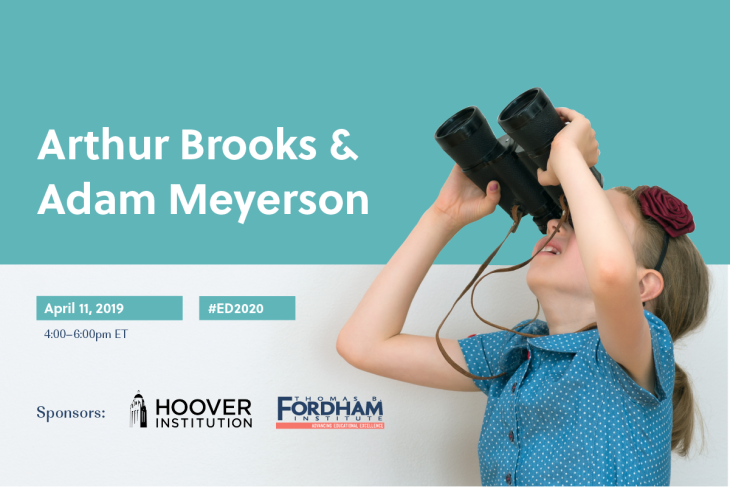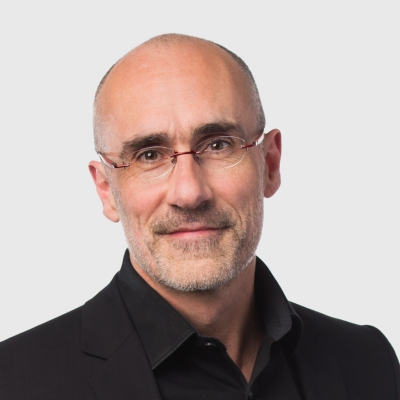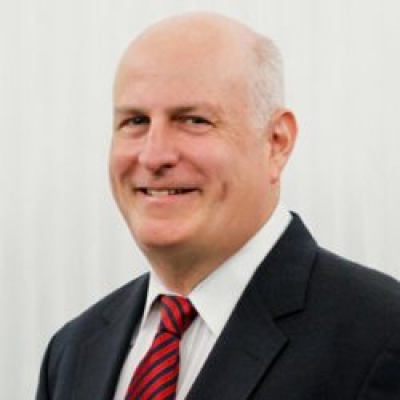The Fordham-Hoover “Education 20/20” speaker series continued on April 11 with another star-studded double feature.
Arthur Brooks opened by contending that education policy must focus on restoring the dignity of those elements of American society that have been left behind. Then Adam Meyerson dissected the country’s civic literacy crisis and suggested how private-sector initiatives can address it.
Arthur Brooks is president of the American Enterprise Institute (AEI). He argued that popular proposals to equalize the distribution of economic gains—such as “college for all” and universal basic income—respond to a misguided framing of the core problem. If we’re also to close the “dignity gap,” not just seek to help people, we need to focus on building a society in which more people are needed members of their communities.
Building policy around “neededness,” Brooks suggested, means resisting the cultural glorification and commodification of higher education by taking more seriously the value of apprenticeships and high-quality career and technical education. Doing so will restore the dignity of education and work to citizens across the country and build a shared American prosperity.
Adam Meyerson is president of the Philanthropy Roundtable. He explored the dire state of civics education in today’s America, including a dangerous shift from foundational knowledge towards activism; the erosion of time and attention paid to civics and history in school, partly in response to accountability pressures; and the adoption of curricula that take a pessimistic, Zinn-ian view of America.
Skeptical that public policy and government can solve these problems, Meyerson contends that philanthropy and the private sector need to step in. Donors are already partnering with great organizations that work with teachers, students and other adults, such as iCivics, the National Constitution Center, and the Bill of Rights Institute. Philanthropy must continue to support such work while coordinating these efforts towards larger, shared goals.


